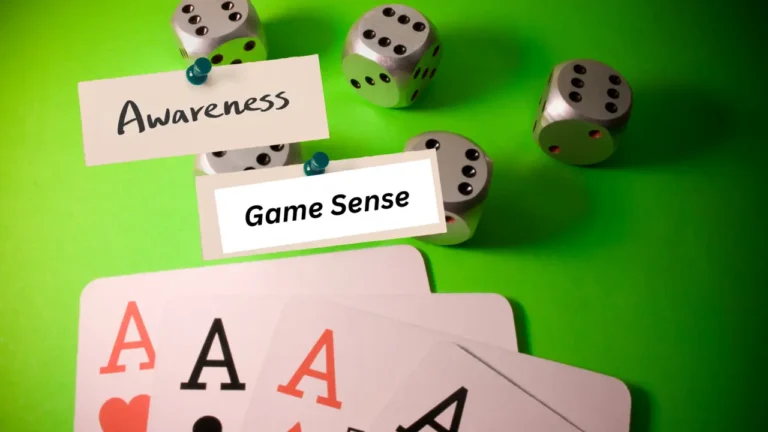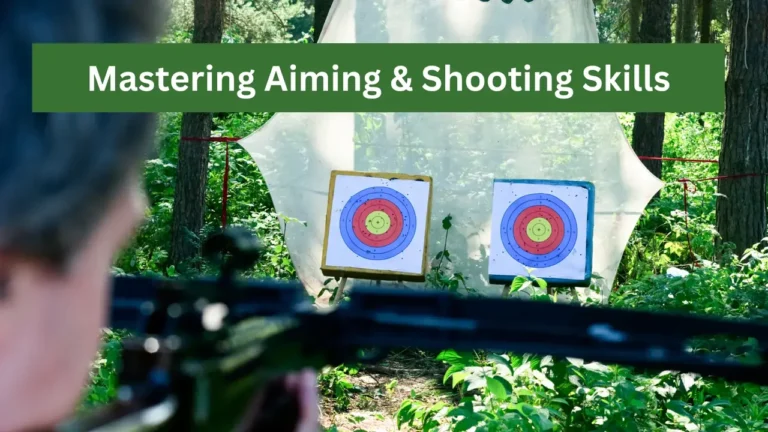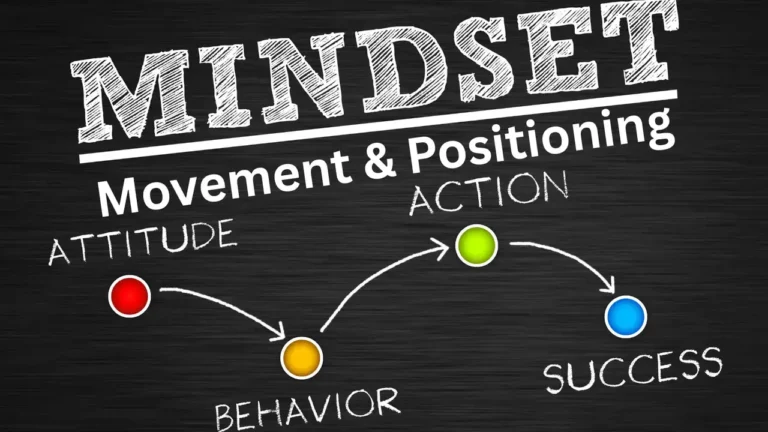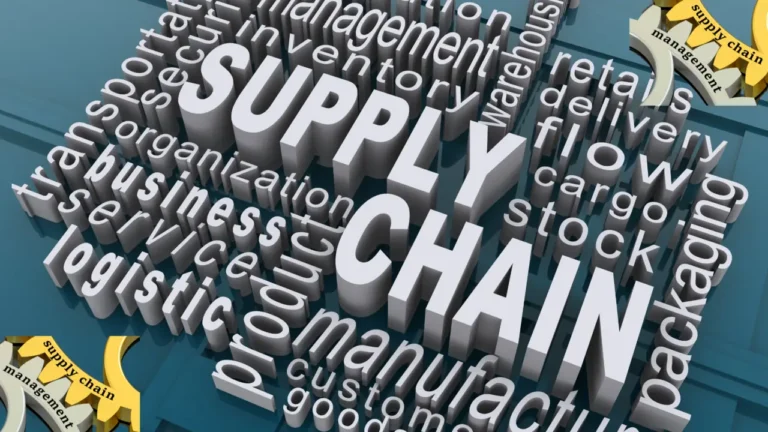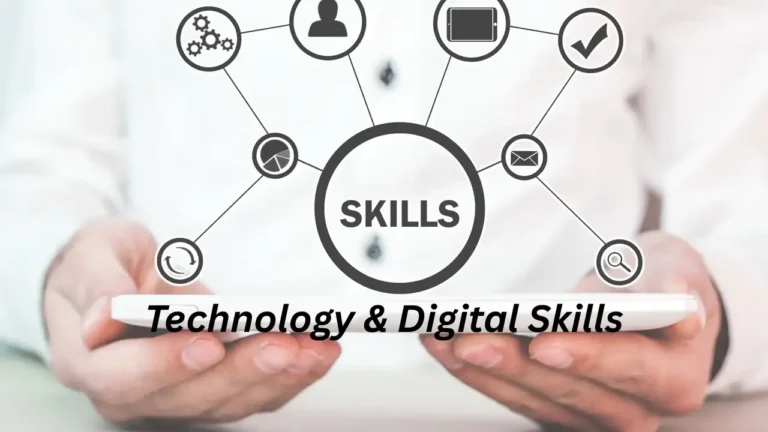Mastering Mindset & Teamplay Skill: The Key to High-Performance Teams
In today’s competitive landscape whether in business, sports, or gaming mindset & teamplay skill are essential components of success. Organizations and individuals that invest in building a strong, positive mindset alongside effective team collaboration enjoy increased productivity, innovation, and long-term growth.
What is Mastering Mindset & Teamplay Skill?
At its core, Mastering Mindset & Teamplay Skill refers to the beliefs and attitudes that shape how individuals approach challenges, feedback, and growth. A growth mindset, for instance, helps people stay motivated and resilient, even when faced with setbacks.
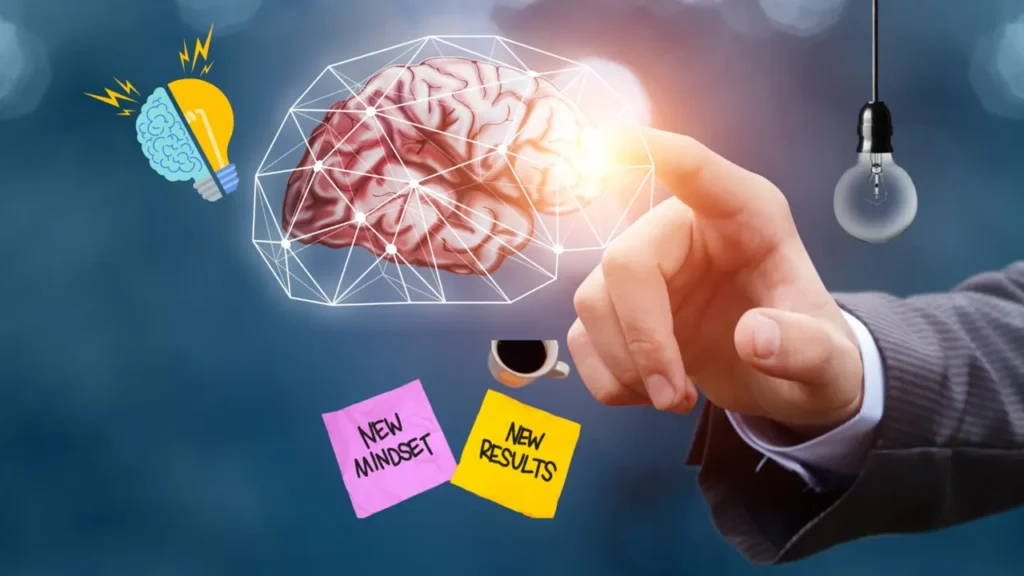
On the other hand, teamplay skill encompasses the ability to work effectively with others toward a common goal. It includes qualities like communication, empathy, adaptability, and mutual support vital for achieving team synergy.
When combined, mindset and teamplay skills form the foundation of high-performing teams.
Why Mindset Matters in Team Settings
A positive mindset influences how team members interact, make decisions, and handle pressure. Here’s how:
- Encourages mental resilience: Challenges become opportunities rather than threats.
- Improves adaptability: Team members are more open to change and innovation.
- Promotes accountability: Individuals with a strong mindset take ownership of their roles.
Adopting a leadership mindset, even at the individual level, empowers team members to lead by example, boosting morale and motivation.
The Role of Teamplay Skills in Collaboration
Strong teamplay skills ensure smooth communication and trust within a group. Key components include:
- Effective communication in teams: Clear, respectful dialogue minimizes misunderstandings.
- Problem-solving together: Collective intelligence often leads to better solutions.
- Active listening and empathy: Understanding teammates’ perspectives builds stronger relationships.
Organizations that prioritize team collaboration report higher engagement, retention, and performance.
Developing Mindset & Teamplay Skill
Here are actionable steps to enhance both:
- Practice self-awareness: Reflect on your thoughts, behaviors, and reactions.
- Embrace feedback: Constructive criticism is essential for growth.
- Engage in team-building activities: These foster trust and communication.
- Set shared goals: When teams align on a vision, collaboration becomes natural.
- Encourage open dialogue: Create a culture where everyone feels heard.
Training programs that integrate growth mindset development and team communication techniques can fast-track improvement in these areas.
Benefits of Strong Mindset & Teamplay Skill
- Increased team performance
- Better conflict resolution
- Enhanced creativity and innovation
- Stronger workplace culture
- Greater goal achievement
Whether in corporate teams, startups, sports teams, or esports, these benefits translate into tangible results.
Conclusion
Mastering mindset & teamplay skill is not a one-time task—it’s an ongoing journey. Teams that cultivate these qualities build not just winning strategies, but also resilient, cohesive, and future-ready organizations.
FAQs
What is the meaning of mindset & teamplay skill?
It refers to the combination of a person’s mental approach (mindset) and their ability to collaborate effectively within a group (teamplay). Together, they influence how people work, communicate, and succeed as a team.
Why are mindset and teamplay important in the workplace?
They promote resilience, communication, trust, and shared responsibility—key factors in improving productivity, innovation, and team morale.
How can I improve my teamplay skills?
You can improve by practicing empathy, active listening, giving and receiving feedback, and engaging in activities that build team trust and communication.
Can mindset be trained or developed?
Yes. With reflection, feedback, challenges, and the right environment, anyone can develop a growth mindset and build mental resilience.
How do mindset and teamplay affect leadership?
Leaders with the right mindset and teamplay skills foster trust, collaboration, and continuous improvement, making their teams stronger and more successful.
